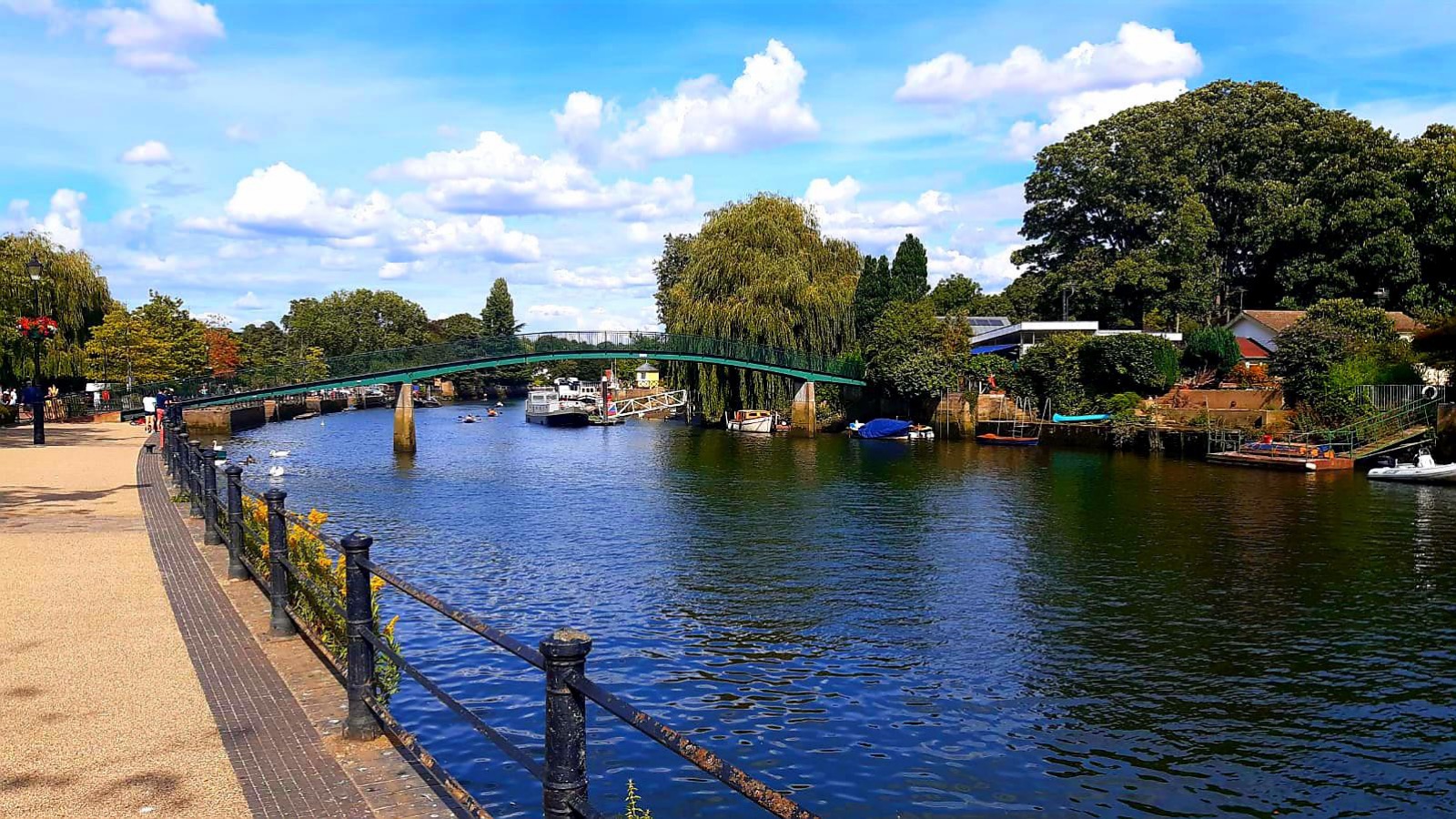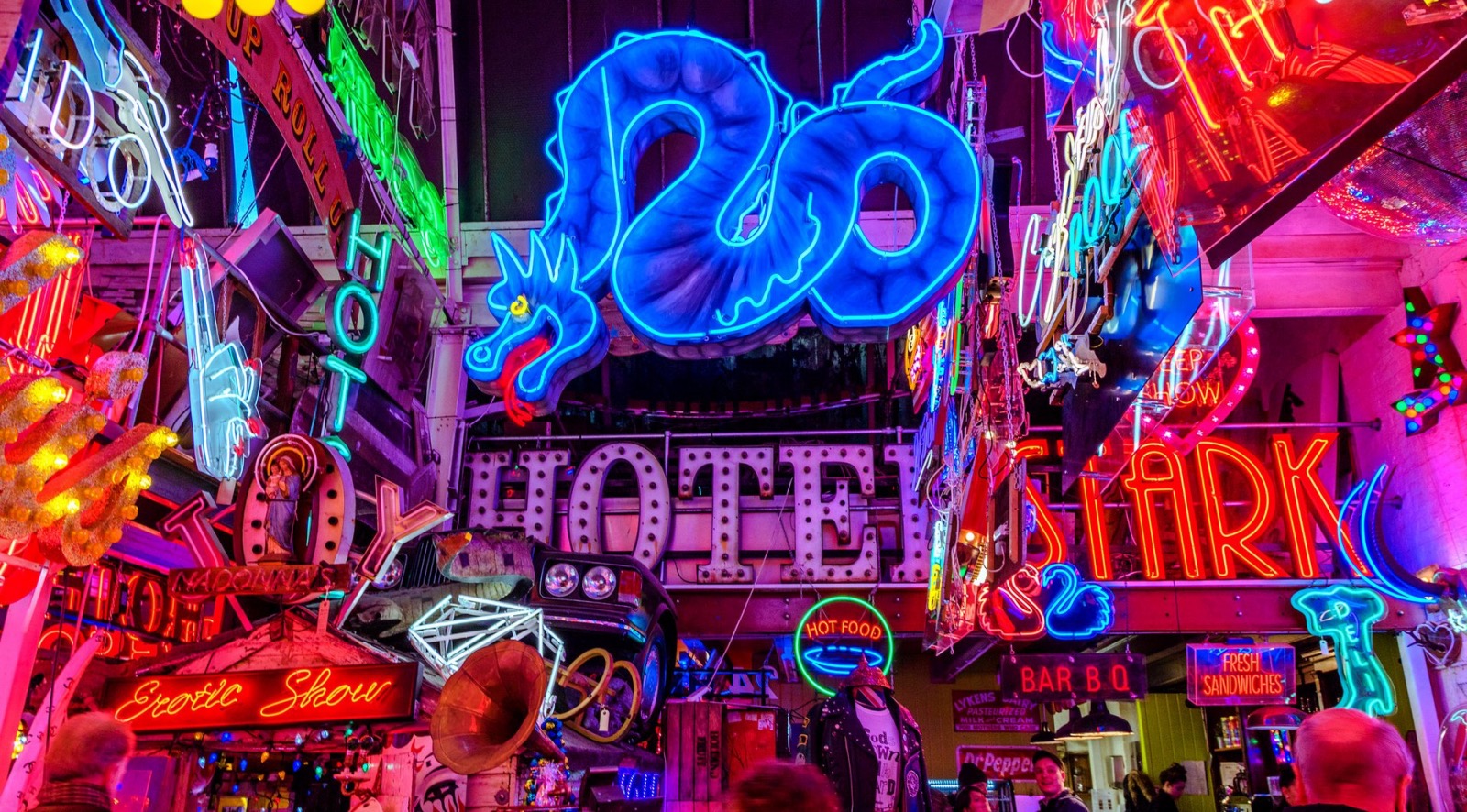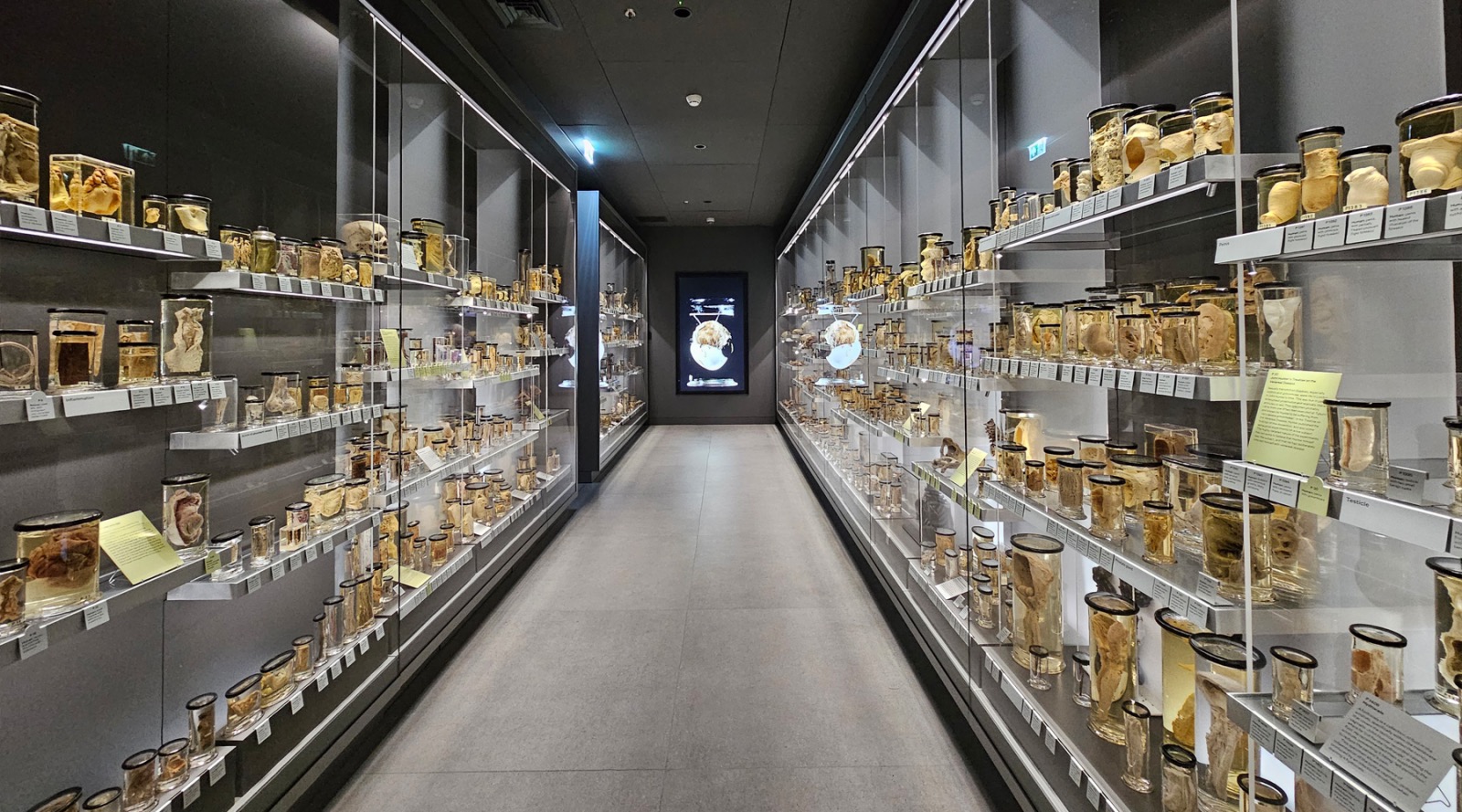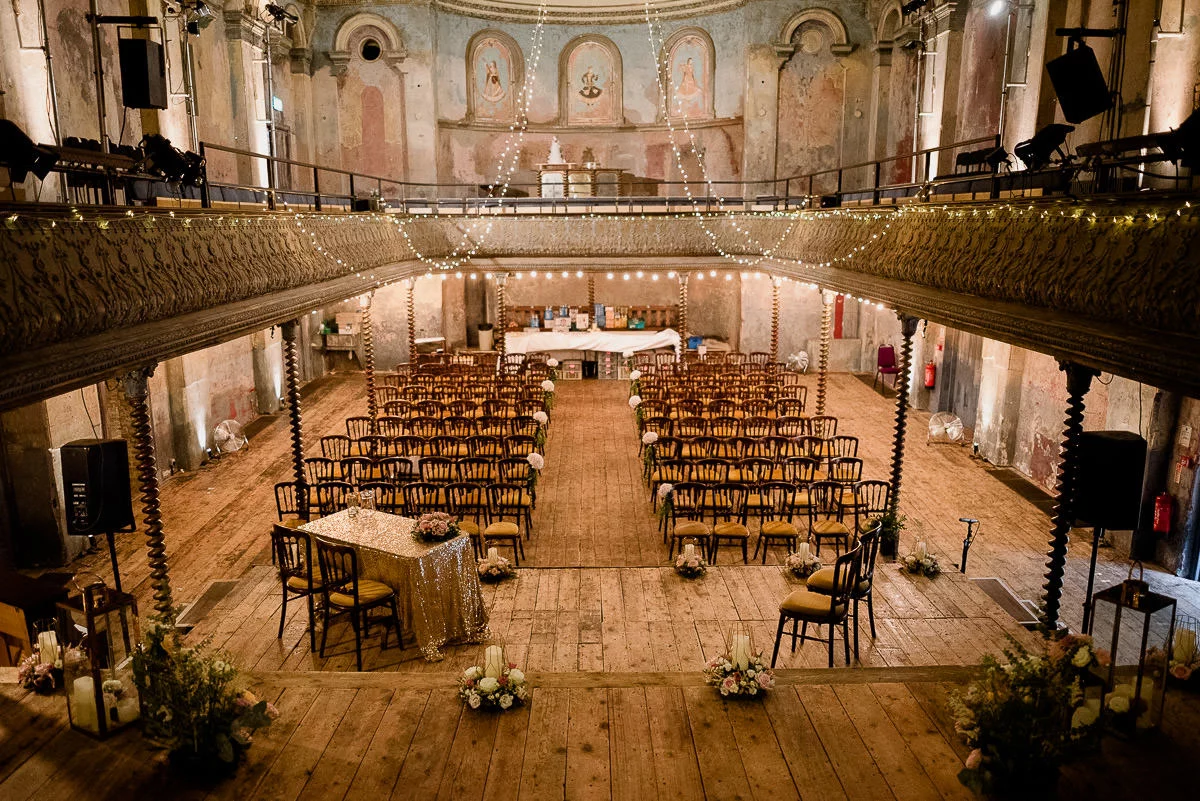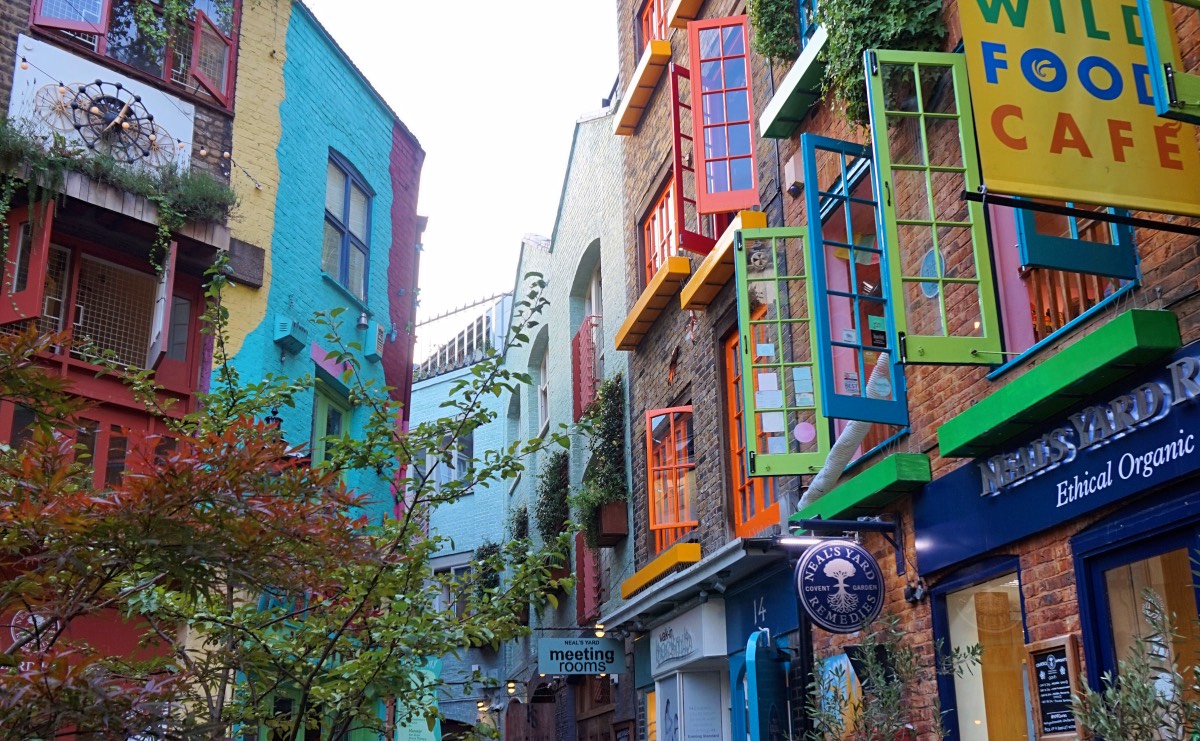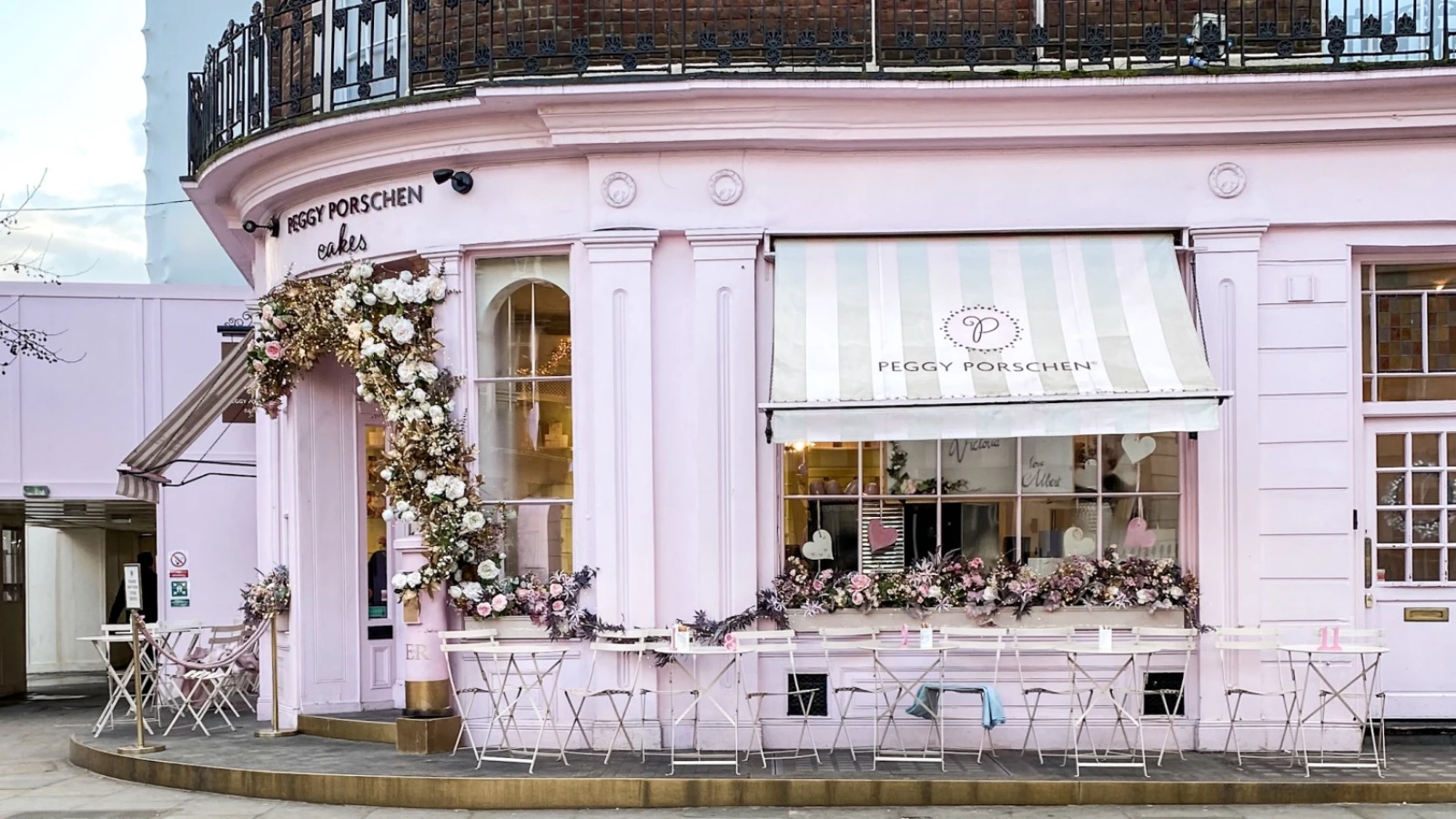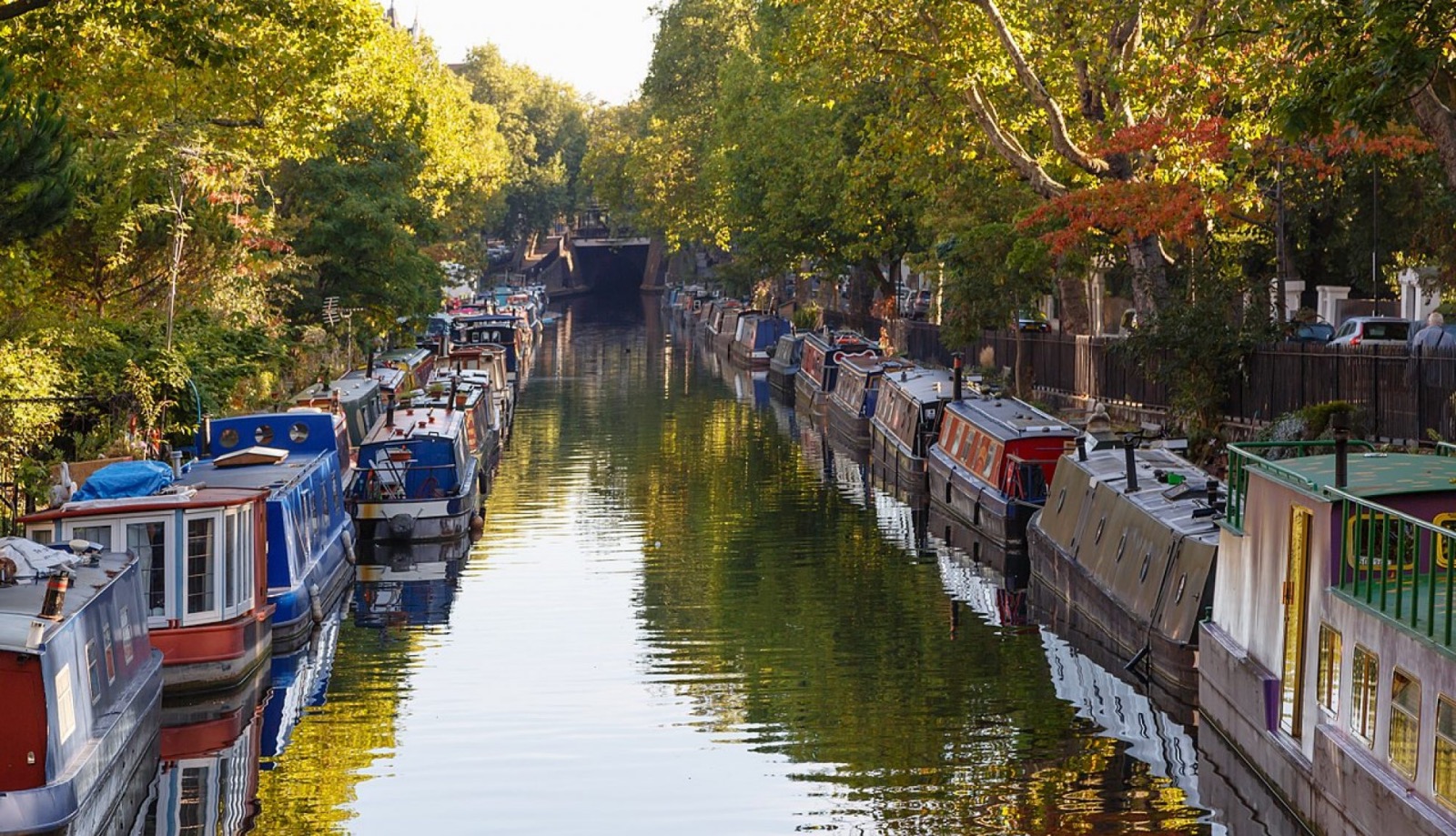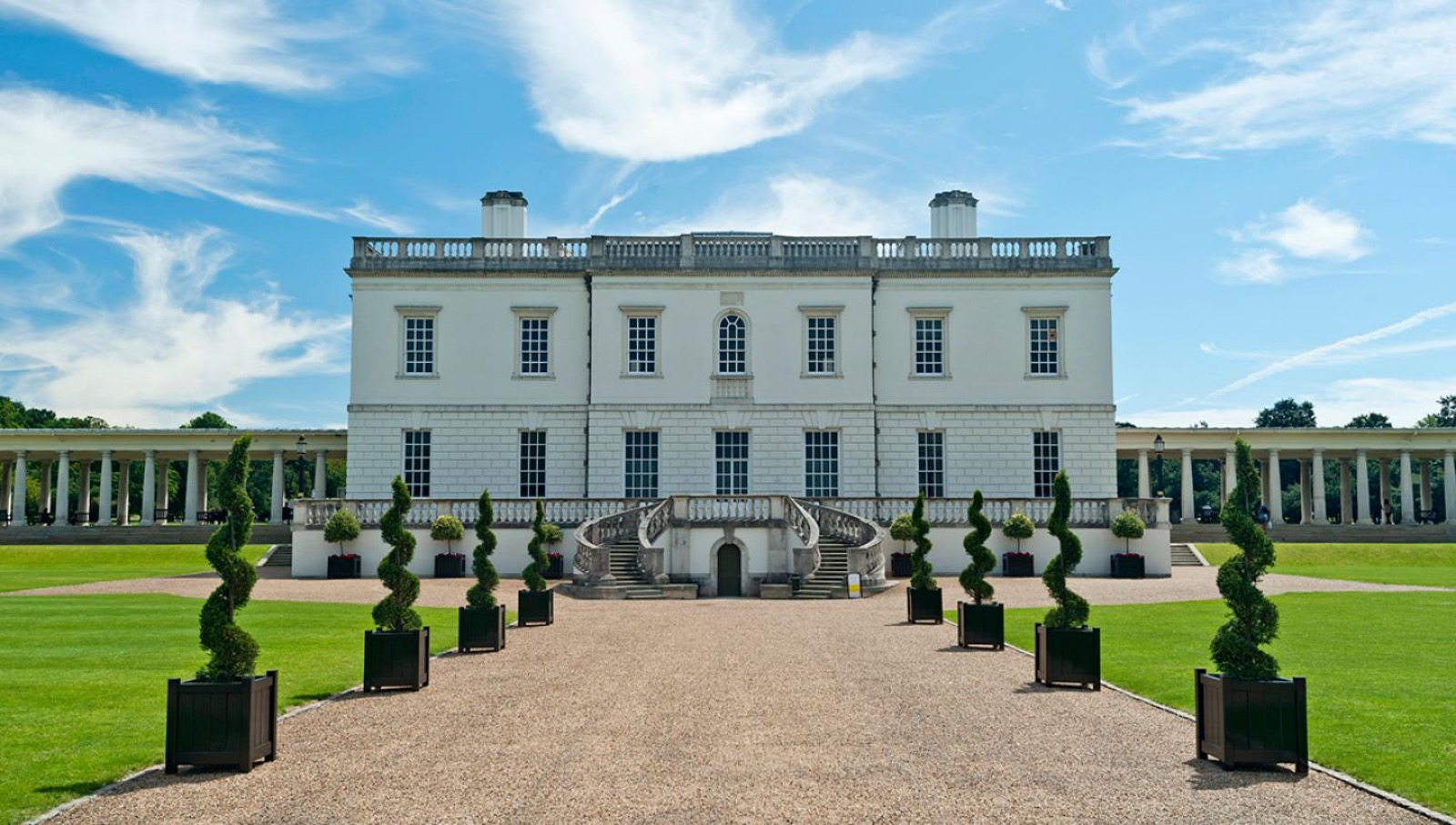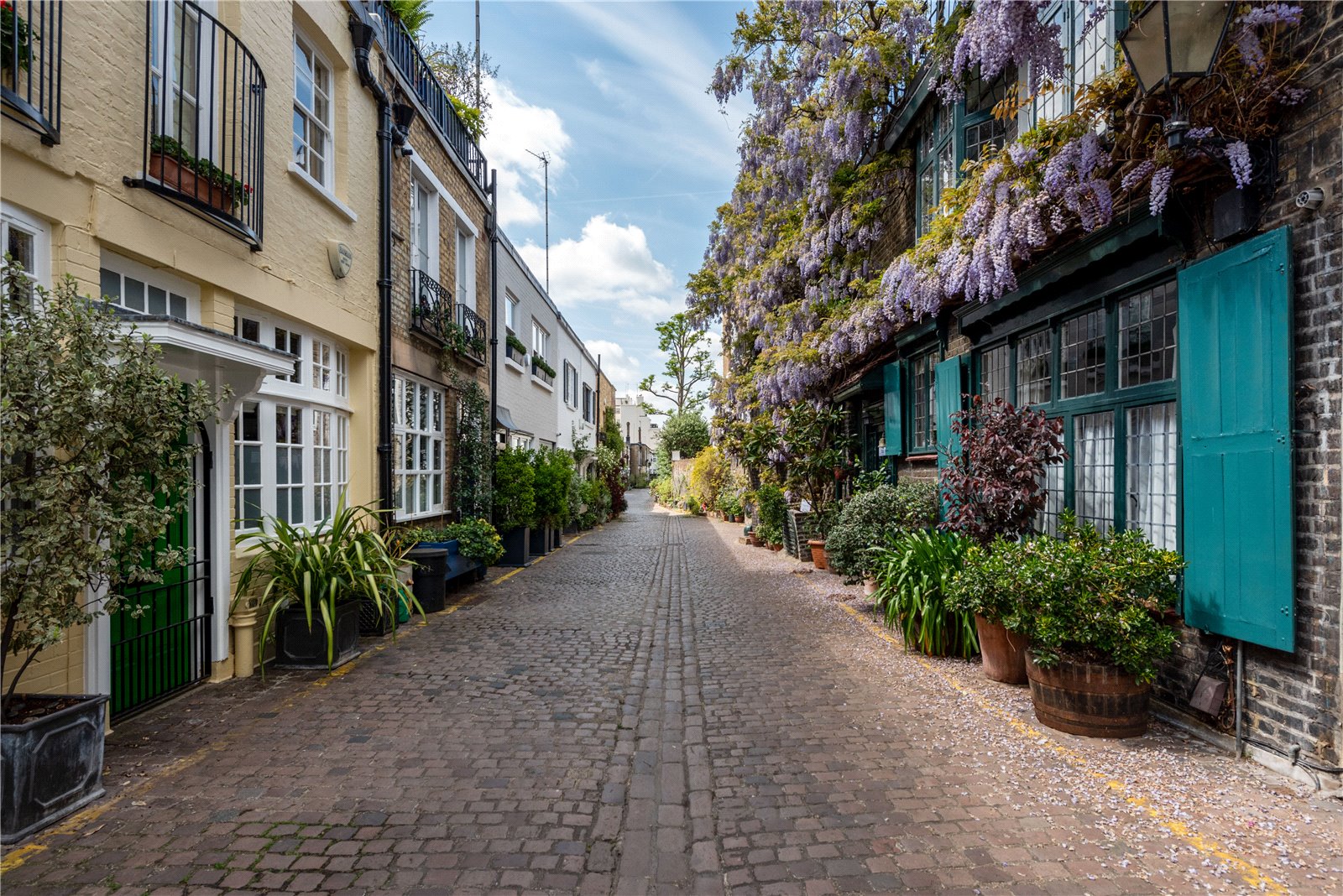
London is a bustling metropolis that effortlessly combines rich history with modernity, creating a vibrant and diverse city that is a must-visit for any traveler. As the capital of England and the United Kingdom, London is a melting pot of cultures, offering a fascinating mix of traditional charm and contemporary flair. One of the most iconic features of London is its impressive array of historical landmarks, including the majestic Tower of London, the iconic Big Ben, and the magnificent Buckingham Palace. These buildings not only showcase the city's royal heritage but provide a glimpse into its storied past. Beyond its historical significance, London is a cultural hub with world-class museums such as the British Museum, the Tate Modern, and the Victoria and Albert Museum, which house priceless collections of art and artifacts from around the globe.
The city's diverse neighborhoods, from the trendy Shoreditch to the historic Greenwich, offer a glimpse into the different facets of London's personality. For those seeking a dose of nature, London boasts abundant green spaces, such as Hyde Park, Regent's Park, and Kew Gardens, providing a tranquil retreat amidst the urban hustle and bustle. With its thriving food scene, vibrant markets, and lively nightlife, London has something to offer every type of traveler, making it a truly captivating destination that should be on everyone's bucket list.
Cultural Insights
Local Culture and Etiquette:
London is a diverse city with a rich cultural tapestry, blending traditional British customs with influences from around the world. As a visitor, it's essential to respect local customs and etiquette to ensure a positive experience. Here are some critical insights into the local culture:
- Politeness: Brits are known for their politeness and good manners. It's common to say "please," "thank you," and "excuse me" in everyday interactions. Be sure to greet people with a smile and maintain a respectful tone.
- Queuing: The British take queuing very seriously. Whether you're waiting for public transport or standing in line at a café, make sure to join the back of the line and wait your turn. Cutting in line is considered rude.
- Pubs and Socializing: Pubs are an integral part of British culture, serving as social hubs where friends and colleagues gather to relax and unwind. When visiting a pub, buying a round of drinks for your group in return for them buying your round later on is customary.
- Tipping: Tipping is generally expected in restaurants, bars, and taxis. A 10-15% tip is customary for good service. Some establishments may include a service charge, so be sure to check your bill before tipping.
- Festivals and Events: London hosts various festivals and events throughout the year, celebrating everything from art and music to food and culture. Some notable events include the Notting Hill Carnival in August, the Changing of the Guard at Buckingham Palace, and the Christmas markets in December.
- Respecting Diversity: London is a melting pot of cultures, with a diverse population representing various ethnicities, religions, and backgrounds. It's essential to respect and embrace this diversity, being open-minded and inclusive in your interactions with others.
By familiarizing yourself with these cultural nuances and customs, you'll be better equipped to engage with the local community and have a more enriching travel experience in London.
 How to get to London
How to get to London
By Air: London is served by several major airports, including Heathrow, Gatwick, Stansted, Luton, and City Airport. International flights connect these airports to destinations worldwide. Heathrow is the largest and most well-connected airport, with various transportation options to the city center.
By Rail: The Eurostar high-speed train connects London with Paris and Brussels, making it a convenient option for travelers coming from mainland Europe. Additionally, the UK has an extensive rail network with trains connecting London to cities all over the country.
By Road: London can be reached by car or bus via the extensive motorway network in the UK. Driving into central London is not recommended due to congestion and strict traffic regulations, so many visitors prefer parking outside the city and using public transport.
 How to get around London
How to get around London
Public Transport: London has an extensive public transport system, including the iconic red double-decker buses, and the London Underground (Tube), Overground, and Docklands Light Railway (DLR). The Oyster card is a convenient way to pay for public transport, offering discounted rates compared to buying individual tickets.
Car Rentals: While driving in central London can be challenging, renting a car is a good option for exploring the outskirts of the city and nearby attractions. Several car rental companies operate in London, with options available at airports and city locations.
Walking: Exploring London on foot is a great way to soak in the city's atmosphere and discover hidden gems. Many of London's landmarks and neighborhoods are within walking distance of each other, making it easy to navigate the city by foot.
 What to see in London
What to see in London
 Hidden Gems in London
Hidden Gems in London
 Most Instagram-able places in London
Most Instagram-able places in London
What to do in London
Suggestions for activities and experiences in London:
- Explore the iconic landmarks: Visit the Tower of London, Buckingham Palace, Big Ben, and the London Eye to immerse yourself in the city's rich history and culture.
- Discover world-class museums: Spend a day at the British Museum, Tate Modern, or the Victoria and Albert Museum to admire art and artifacts from around the globe.
- Take a stroll in the parks: Relax in Hyde Park, Regent's Park, or Kensington Gardens, and enjoy a picnic or a boat ride on the Serpentine.
- Experience the West End: Catch a mesmerizing theater performance in London's famous West End district, home to renowned shows and talented actors.
- Indulge in shopping: Shop 'til you drop on Oxford Street, Regent Street, and Bond Street, where you'll find luxury boutiques, department stores, and trendy fashion brands.
- Sample diverse cuisines: Savor various global cuisines in London's vibrant food scene, from traditional British dishes to international flavors in bustling food markets.
- Go on a river cruise: Hop on a Thames river cruise to admire London's skyline from the water, passing by famous landmarks and enjoying a unique city perspective.
- Join a guided walking tour: Explore different neighborhoods like Shoreditch, Notting Hill, or Soho on a guided walking tour to learn about the local history and culture.
- Experience the nightlife: Dance the night away in trendy clubs in Shoreditch, enjoy live music in Camden, or have a cocktail at a rooftop bar overlooking the city.
- Attend a cultural event or festival: Check out events like the Notting Hill Carnival, Winter Wonderland, or the Changing of the Guard ceremony for a taste of London's vibrant cultural scene.
What to eat in London
London's culinary scene is as diverse and vibrant as the city itself, offering many options for food enthusiasts to explore. From traditional British dishes to international cuisine, the city has something to satisfy every palate. Here are some must-try dishes and beverages that visitors should not miss:
- Fish and Chips: A classic British dish consisting of deep-fried fish (usually cod or haddock) served with chunky fries. It is best enjoyed with mushy peas and tartar sauce.
- Full English Breakfast: Start your day with this hearty meal featuring eggs, bacon, sausages, baked beans, mushrooms, tomatoes, and toast—a perfect way to fuel up for a day of exploring.
- Pie and Mash: Dive into a savory pie (such as steak, ale, chicken, and mushroom) served with creamy mashed potatoes and green parsley liquor—a comforting and satisfying meal.
- Curry: Explore London's bustling curry scene in Brick Lane, known for its authentic Indian and Bangladeshi restaurants. Don't miss trying dishes like chicken tikka masala or lamb rogan josh.
- Afternoon Tea: Indulge in a quintessentially British tradition with a selection of finger sandwiches, scones with clotted cream and jam, and an assortment of pastries, all served with a pot of tea.
For those looking for diverse dining options, London has a plethora of restaurants catering to different tastes and budgets:
- Street Food Markets: Head to Borough Market or Camden Market for a wide array of street food stalls offering global cuisines, from Mexican tacos to Japanese sushi.
- Pubs and Gastropubs: Experience the local pub culture and enjoy pub classics like bangers and mash or shepherd's pie. Some gastropubs also offer elevated versions of traditional dishes.
- Michelin-Starred Restaurants: For a fine dining experience, book a table at one of London's Michelin-starred restaurants, such as Gordon Ramsay's Restaurant Gordon Ramsay or Heston Blumenthal's The Fat Duck.
- Ethnic Restaurants: Explore London's diverse neighborhoods for authentic international cuisine, from Chinatown in Soho to Little Italy in Clerkenwell.
- Food Markets: Visit food markets like Maltby Street Market or Spitalfields Market to taste artisanal foods, gourmet treats, and local produce.
Whether you're craving traditional British fare or exotic flavors from around the world, London's culinary scene has something to delight every taste bud. Bon appétit!
Where to stay in London
Suggested accommodation options in London cater to various budgets and preferences, ranging from budget-friendly hostels to luxurious hotels. Consider the following recommendations based on your budget:
1. Budget-Friendly Options:
- Hostels: Hostels are an excellent choice for budget travelers looking to meet new people. Areas like Camden, Shoreditch, and King's Cross offer a wide range of hostel options at affordable rates.
- Guesthouses: Opt for guesthouses in residential neighborhoods like Notting Hill or Paddington for a cozy and budget-friendly stay.
- Budget Hotels: Look for budget hotels in areas like Bayswater or Victoria, which provide comfortable accommodation at reasonable prices.
2. Mid-Range Options:
- Boutique Hotels: Explore boutique hotels in trendy neighborhoods like Soho or Covent Garden for a stylish and comfortable stay.
- Apartment Rentals: Consider renting an apartment in neighborhoods like South Kensington or Chelsea for a more home-like experience.
- Bed and Breakfasts: Opt for a charming bed and breakfast in areas like Bloomsbury or Marylebone for a cozy stay with a personal touch.
3. Luxury Options:
- Luxury Hotels: Treat yourself to a luxurious stay in 5-star hotels in prestigious areas like Mayfair or Knightsbridge for top-notch service and amenities.
- Spa Hotels: Indulge in a pampering experience at spa hotels in Chelsea or Fitzrovia, offering relaxation and luxury in the city's heart.
- Boutique Luxury Hotels: Experience ultimate luxury in boutique hotels in Belgravia or Kensington, known for their personalized service and exquisite design.
When choosing where to stay in London, consider factors such as safety, proximity to public transportation, and nearby attractions. Areas like Covent Garden, South Bank, and Westminster are famous for their central locations and easy access to major sights. Plan ahead and book accommodation that best suits your budget and preferences to make the most of your stay in this vibrant city.
 First Time Travelers
First Time Travelers
Beginner's Guide to London
London, a vibrant metropolis blending history with modernity, offers first-time visitors a treasure trove of experiences for first-time visitors. Here's a beginner's guide to help you make the most of your time in this diverse city:
Must-Do Activities:
- Visit the iconic Big Ben and the Houses of Parliament for a classic London photo op.
- Explore the Tower of London to discover the city's rich history and see the Crown Jewels.
- Stroll along the Thames River to soak in the beauty of London's waterfront.
- Indulge in a shopping spree at Oxford Street or Covent Garden to taste London's bustling retail scene.
- Experience the world-famous West End by catching a play or musical in one of its historic theaters.
- Relax in Hyde Park and witness the green oasis in the city's heart.
- Discover art and culture at the British Museum or the National Gallery.
- Sample diverse cuisines at Borough Market or enjoy traditional fish and chips at a local pub.
Practical Tips:
- Transportation: Utilize the London Underground (Tube) for efficient travel around the city. Consider purchasing an Oyster Card for convenient access to public transportation.
- Language: English is widely spoken in London, but respects regional accents and dialects are respected.
- Currency: The currency used is the British Pound (£). It's advisable to have some cash on hand for smaller purchases.
- Weather: London weather can be unpredictable, so pack layers and carry an umbrella for unexpected rain showers.
- Cultural Etiquette: Respect queuing (lining up) and observe local customs to blend in seamlessly with the Londoners.
- Safety: While London is generally safe, stay vigilant in crowded tourist areas and beware of pickpockets.
By following this beginner's guide, you'll be well-equipped to navigate London's bustling streets and immerse yourself in its rich tapestry of culture, history, and contemporary charm.
 For Return Travelers
For Return Travelers
Exploring London Off the Beaten Path
While many travelers are drawn to the iconic attractions of London, such as the Big Ben, Buckingham Palace, and the Tower of London, there is so much more to this vibrant city than meets the eye. For those looking to delve deeper into London's rich culture and history, here are some lesser-known attractions and activities to consider:
- Little Venice: Escape the hustle and bustle of central London and take a stroll along the picturesque canals of Little Venice. This hidden gem offers a peaceful oasis with waterside cafes, charming houseboats, and beautiful scenery.
- Leake Street Graffiti Tunnel: Street art enthusiasts will be in awe of the colorful murals and graffiti in the Leake Street Tunnel. This underground tunnel near Waterloo Station is a constantly evolving canvas for urban artists worldwide.
- God's Own Junkyard: Step into a neon wonderland at God's Own Junkyard, a quirky gallery in Walthamstow showcasing an eclectic collection of vintage neon signs and psychedelic art pieces. It's a feast for the eyes and a great spot for unique Instagram-worthy photos.
- Dennis Severs' House: Immerse yourself in a bygone era at Dennis Severs' House, a time capsule of 18th-century London life. This unique museum in Spitalfields offers a sensory journey through different historical periods, with each room telling a story of its own.
- Columbia Road Flower Market: Experience the vibrant colors and fragrant scents of the Columbia Road Flower Market, a Sunday tradition in the East End. Browse through various flowers, plants, and handmade goods while enjoying the lively atmosphere of this bustling market.
For a more immersive cultural experience, consider participating in a hands-on workshop such as a traditional tea blending session, a pottery class in a local studio, or a guided tour focused on the art and architecture of specific neighborhoods. You can also opt for a homestay with a local family to glimpse daily life in London and forge meaningful connections with residents.
Regarding day trips and local spots, venture beyond the city limits to explore the charming villages of the Cotswolds, the historic university town of Cambridge, or the mystical Stonehenge; these excursions offer a different perspective on England's landscapes and heritage, allowing you to uncover hidden gems away from the urban sprawl of London.
By delving into these new and lesser-known attractions and activities, you'll gain a deeper appreciation for the diverse tapestry of London's culture, art, and history, making your return visit genuinely unforgettable.
 London travel information
London travel information
London is generally a safe city for travelers. However, like any central metropolitan area, it is essential to remain vigilant, especially in crowded tourist areas and public transportation. Take precautions against petty theft, such as pickpocketing, and be aware of your surroundings, particularly at night. In an emergency, dial 999 for police, fire, or medical assistance.
The best time to visit London is spring and summer, from March to August. The weather is mild, and the city comes alive with outdoor events, festivals, and blooming gardens. The temperatures are pleasant, ranging from 50°F to 75°F (10°C to 24°C), making it perfect for exploring the city on foot or enjoying a leisurely boat ride on the Thames.
London is known for being a bit pricey for travelers, especially regarding accommodation and dining. To save money, consider visiting during the off-peak season, booking accommodations in advance, and exploring budget-friendly food options like street markets or local pubs—public transportation, such as buses and the Tube, offers convenient and affordable ways to get around the city.
Healthcare standards in London are excellent, with both public and private medical facilities available throughout the city. Travelers should have travel insurance that includes coverage for medical emergencies. No specific vaccinations are required for visiting London, but it's always a good idea to be updated on routine vaccines before any trip.
Travelers from many countries, including the United States, Canada, Australia, and the European Union, do not need a visa for stays in the UK of up to 6 months. However, checking the specific visa requirements based on your nationality is essential before traveling to London. Ensure your passport is valid for the duration of your stay, and check if you qualify for any visa exemptions or visa-on-arrival programs.
City Map
Weather
-
January
Min
2°C (36°F) Max
8°C (46°F) Precipitation
12 days -
February
Min
2°C (36°F) Max
8°C (46°F) Precipitation
8 days -
March
Min
3°C (37°F) Max
11°C (52°F) Precipitation
9 days -
April
Min
5°C (41°F) Max
14°C (57°F) Precipitation
8 days -
May
Min
8°C (46°F) Max
18°C (64°F) Precipitation
7 days -
June
Min
11°C (52°F) Max
21°C (70°F) Precipitation
7 days -
July
Min
13°C (55°F) Max
23°C (73°F) Precipitation
7 days -
August
Min
13°C (55°F) Max
23°C (73°F) Precipitation
7 days -
September
Min
11°C (52°F) Max
20°C (68°F) Precipitation
8 days -
October
Min
8°C (46°F) Max
15°C (59°F) Precipitation
10 days -
November
Min
5°C (41°F) Max
10°C (50°F) Precipitation
11 days -
December
Min
3°C (37°F) Max
8°C (46°F) Precipitation
12 days
 AIdventuro's pocket guide for London
AIdventuro's pocket guide for London
- The British Museum: Explore one of the world's most comprehensive collections of art and artifacts from ancient and living cultures.
- The Tower of London: Discover the history of this iconic castle, which has served as a royal palace, prison, and armory.
- Buckingham Palace: Witness the Changing of the Guard ceremony and marvel at the grandeur of the official residence of the monarch.
When in London, remember to queve politely, let people exit the Tube before entering, and say "please" and "thank you" to locals. Respect cultural diversity and be mindful of different customs and traditions.
- Fish and Chips: Try this classic British dish of battered and fried fish with chunky fries.
- Afternoon Tea: Indulge in a quintessential British tradition with a selection of teas, sandwiches, scones, and pastries.
- Sunday Roast: Enjoy a hearty meal of roasted meat, potatoes, Yorkshire pudding, vegetables, and gravy, typically served on Sundays.
London is generally a safe city for travelers, but be cautious of pickpocketing, especially in crowded tourist areas. Stay alert in public transportation and avoid walking alone in poorly lit or deserted areas at night.
For a budget-friendly trip to London, plan to spend around $50-100 per day on accommodation, $20-40 on food, and allocate additional funds for transportation, attractions, and souvenirs. A 3-day trip could cost $300-600, while a 5-day trip may range from $500-1000.
One of the most popular things to do in London is to take a ride on the London Eye for panoramic views of the city skyline, including iconic landmarks like Big Ben, Tower Bridge, and St. Paul's Cathedral.


